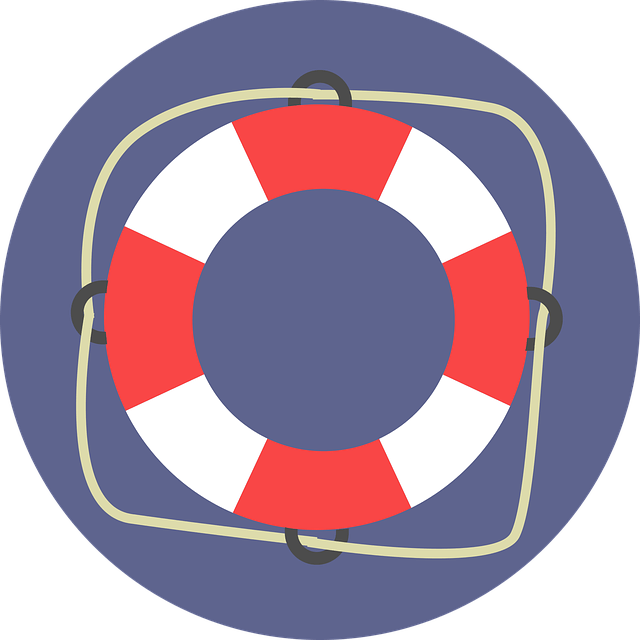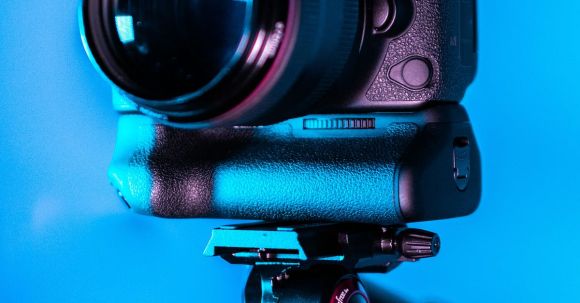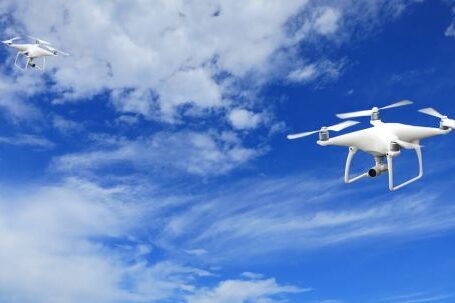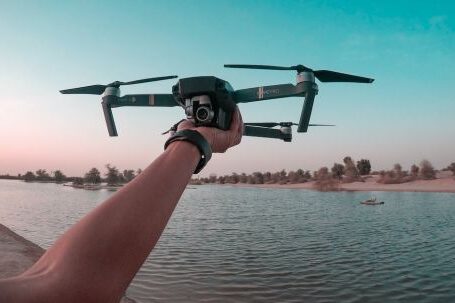Photography is an art form that allows us to capture moments and tell stories through images. If you’re a beginner in photography and looking to take your skills to the next level, investing in a DSLR camera is a great place to start. With their advanced features and superior image quality, DSLRs can help you achieve professional-looking photos. However, with so many options available in the market, choosing the right DSLR camera can be quite overwhelming. In this article, we will guide you through the process of selecting a DSLR camera that suits your needs and preferences.
Understanding Your Photography Goals
Before diving into the world of DSLR cameras, it’s essential to understand your photography goals. Are you interested in landscape photography, portraiture, or wildlife photography? Each genre of photography requires specific features and capabilities from a camera. By identifying your photography niche, you can narrow down your options and find a camera that meets your requirements.
Consider Your Budget
Another crucial factor to consider when choosing a DSLR camera is your budget. DSLRs range in price from a few hundred dollars to several thousand dollars. It’s important to set a realistic budget that aligns with your financial circumstances. Remember, investing in a camera is a long-term commitment, so it’s advisable to strike a balance between your budget and the camera’s features.
Sensor Size and Megapixels
The sensor size and megapixels are two important specifications to consider when choosing a DSLR camera. The sensor size determines the camera’s low-light performance and depth of field capabilities. Generally, larger sensors produce better image quality in low-light situations. Megapixels, on the other hand, determine the resolution of the image. While megapixels are not the sole indicator of image quality, a higher megapixel count allows for more flexibility in cropping and printing.
Evaluating Ergonomics and Handling
When it comes to DSLR cameras, ergonomics and handling are often overlooked but play a crucial role in your photography experience. A camera that feels comfortable in your hands and has intuitive controls can significantly enhance your shooting experience. Before making a purchase, visit a camera store or try out different models to find the one that feels right for you.
Lens Compatibility and Availability
One of the advantages of DSLR cameras is the ability to interchange lenses. Different lenses offer various shooting possibilities, from wide-angle landscapes to telephoto wildlife shots. When choosing a DSLR camera, it’s important to consider the lens compatibility and availability. Canon and Nikon, two of the most popular DSLR brands, have a wide range of lenses available, making it easier to find the right lens for your needs.
Additional Features and Connectivity Options
In addition to the core specifications, DSLR cameras offer a plethora of additional features and connectivity options. Some cameras come with built-in Wi-Fi and Bluetooth capabilities, allowing you to transfer images wirelessly to your smartphone or tablet. Others offer advanced autofocus systems or in-camera image stabilization. Consider the features that are important to you and choose a camera that offers them.
Research and Read Reviews
Once you’ve identified your photography goals, set a budget, and considered the essential specifications, it’s time to do some research. Read reviews, watch YouTube videos, and seek advice from experienced photographers. By gathering information from various sources, you can make an informed decision and choose the DSLR camera that best suits your needs.
In conclusion, choosing a DSLR camera for beginners in photography involves understanding your photography goals, considering your budget, evaluating specifications, and researching different models. By following these steps, you can find a DSLR camera that allows you to explore your creativity and take your photography skills to new heights. Remember, the camera is just a tool, and it’s your vision and passion that will truly bring your photographs to life.




